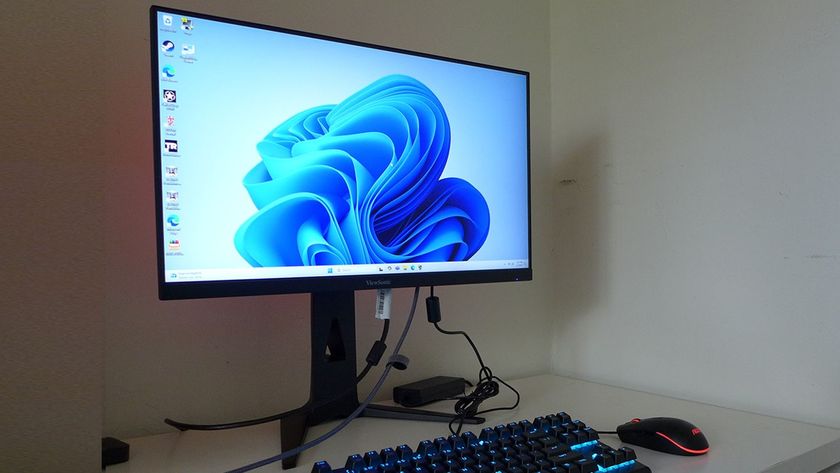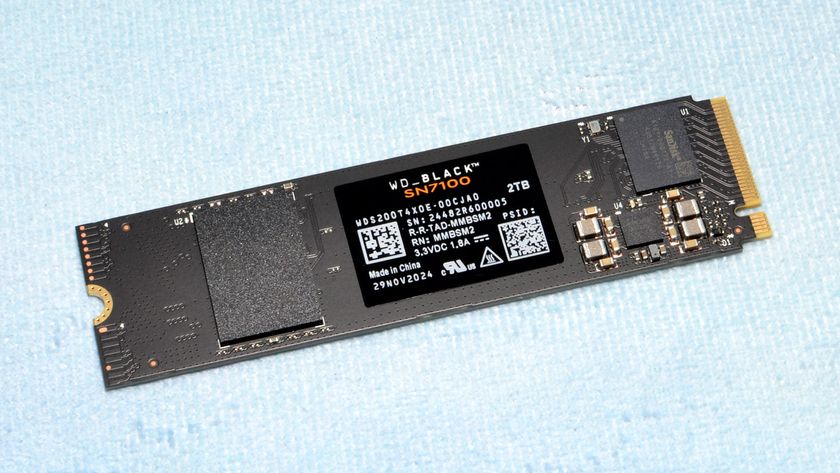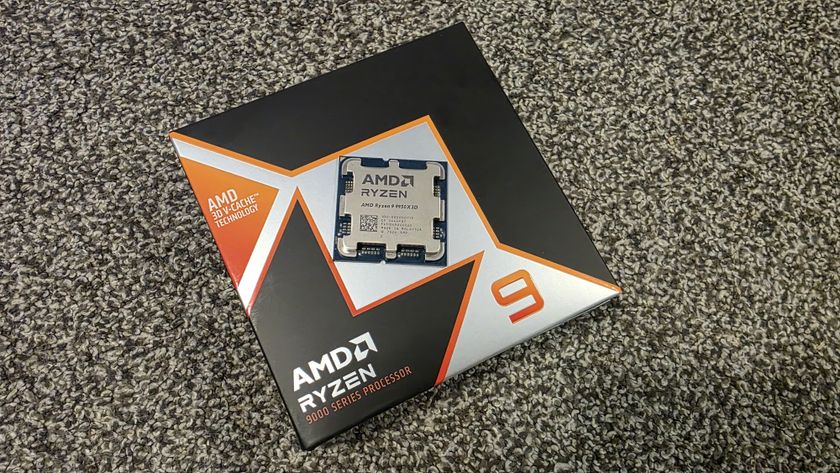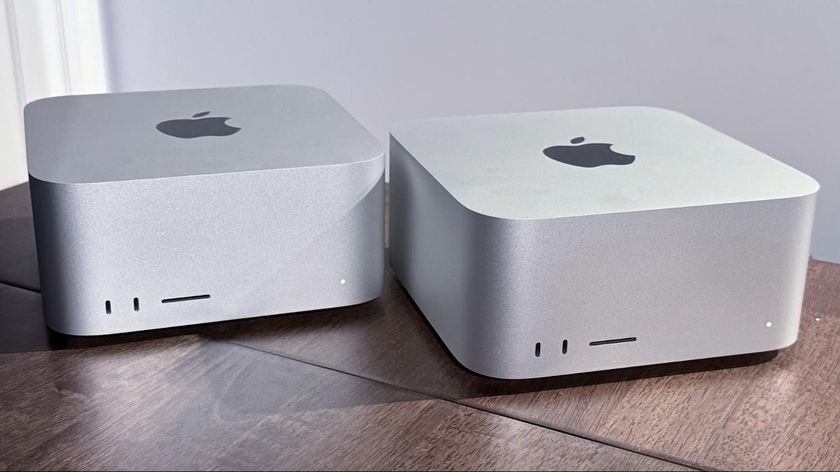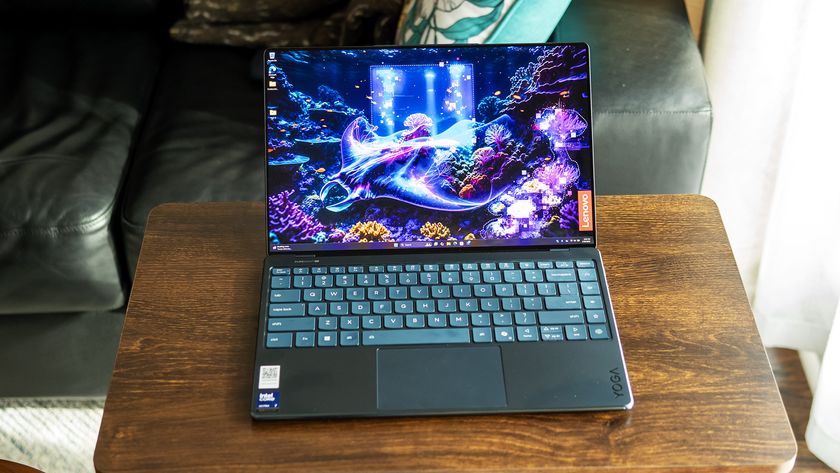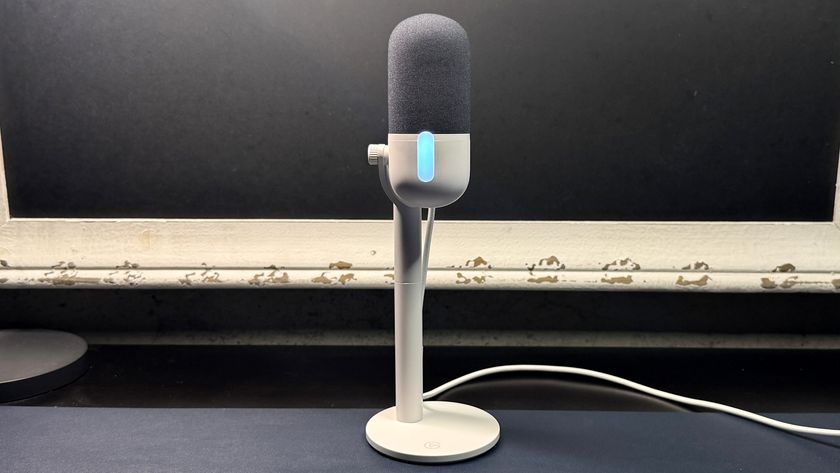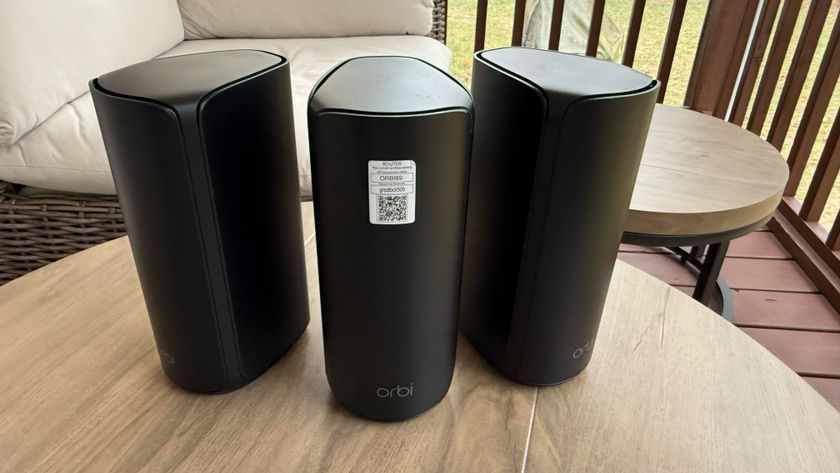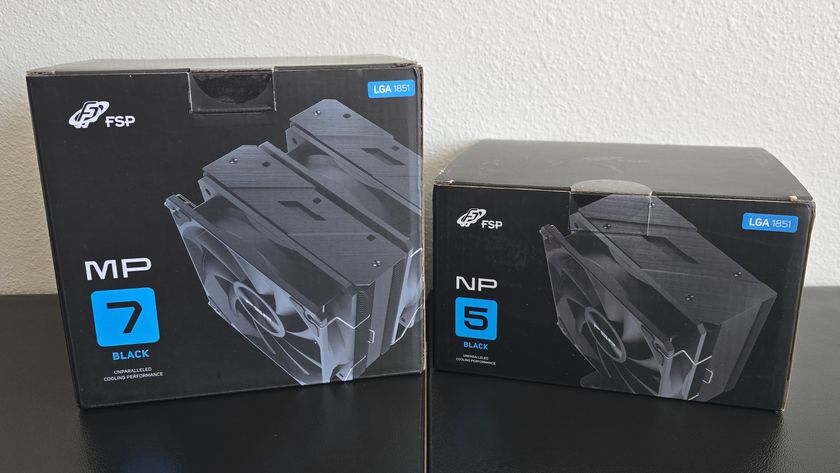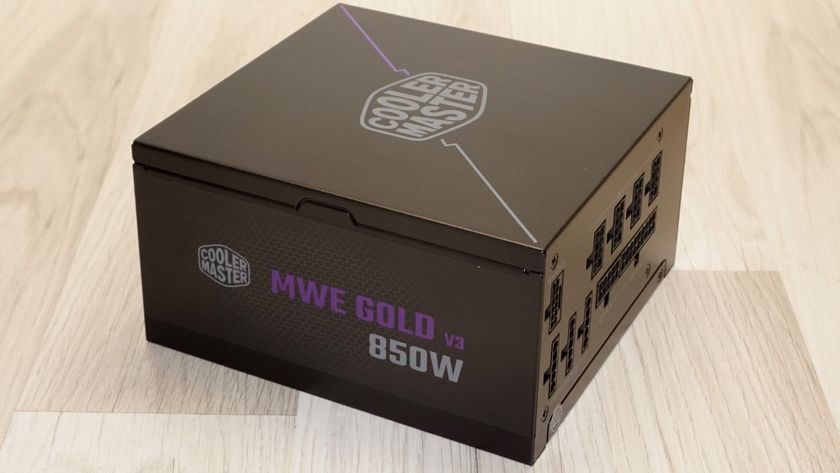Bitfenix Formula Gold 650W PSU Review
Why you can trust Tom's Hardware
Features & Specifications
After the success of its Whisper PSU family, BitFenix is following up with a more affordable Formula Gold line-up. Currently, there are four models in this series with capacities ranging from 450W to 750W. They all feature 80 PLUS Gold and ETA-A efficiency. When it comes to noise, Cybenetics gives the 450W and 550W models LAMBDA-A++ (<15 dB[A]) ratings, while the 650W and 750W units achieve LAMBDA-A+ (15 to 20 dB[A]) acoustic readings.
Today, we're reviewing the Formula Gold family's second-strongest product, the BF650G, which offers enough capacity to power a mid-range gaming system.
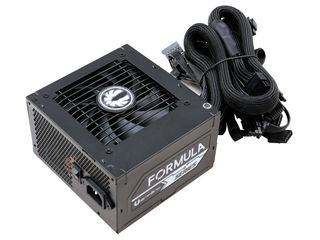
Like the other Formula Gold units, BitFenix's BF650G features compact dimensions, thanks to a 14cm depth measurement. Increasingly, OEMs are trying to shrink their PSUs in an effort to simplify installation. We don't have a problem with this downsizing, so long as it doesn't affect performance or noise. Naturally, lower-capacity models can be miniaturized more easily than higher-capacity ones, which tend to run hotter and require more cooling. In our opinion, though, no PSU's performance should be compromised in the name of a smaller footprint, and the same applies to acoustics. Back in the day, most of us didn't have a problem with loud PCs, so long as they were fast. But as the years passed and efficiency took center stage, noisy components became oddities. Quiet operation is a huge advantage, and PSUs play a significant role in keeping overall noise output low, especially under taxing workloads.
Specifications
The BF650G's temperature rating for full power output is specified at 40°C, and the PSU includes all of the protection features you could possibly want.
Its 120mm fan uses a rifle bearing, which is an enhanced version of the sleeve bearing. The fan is driven by a relaxed speed profile, so it's very quiet, even under tough conditions. There is no semi-passive mode, which we don't consider an issue since the fan spins so slowly under light loads anyway.
Finally, BitFenix's five-year warranty is satisfactory in light of its $80 price tag.
Power Specifications
| Rail | 3.3V | 5V | 12V1 | 12V2 | 12V3 | 12V4 | 5VSB | -12V | |
|---|---|---|---|---|---|---|---|---|---|
| Max. Power | Amps | 20 | 20 | 25 | 25 | 30 | 30 | 2.5 | 0.3 |
| Watts | 100 | 650 | 12.5 | 3.6 | |||||
| Total Max. Power (W) | 650 |
There are four +12V rails, two of which offer higher current output than the others. The minor rails are limited to 100W of maximum combined power (at least on paper, since OCP on those rails is much higher), while the 5VSB rail has the capacity we'd expect from a modern PSU.
Cables & Connectors
| Captive Cables | ||||
|---|---|---|---|---|
| Description | Cable Count | Connector Count (Total) | Gauge | In Cable Capacitors |
| ATX connector 20+4 pin (650mm) | 1 | 1 | 18-22AWG | Yes |
| 4+4 pin EPS12V (670mm+150mm) | 1 | 2 | 18AWG | No |
| 6+2 pin PCIe (570mm+150mm) | 2 | 4 | 18AWG | No |
| SATA (500mm+150mm+150mm+150mm) | 1 | 4 | 18AWG | No |
| SATA (500mm+150mm) / Four-pin Molex (+150mm+150mm) | 2 | 4 / 4 | 18AWG | No |
| AC Power Cord (1400mm) - C13 coupler | 1 | 1 | 18AWG | - |
It is nice to see an affordable, mid-capacity PSU with a couple of EPS connectors. Four PCIe connectors allow the BF650G to handle a couple of potent graphics cards, while eight SATA connectors are more than enough for any mid-range system. There is also a quartet of four-pin Molex connectors exposed across two cables. You don't get a FDD connector, though, which we're not bothered by. Use an adapter if you really need one.
Power Distribution
| Power Distribution | |
|---|---|
| 12V1 | ATX, Peripheral, SATA |
| 12V2 | CPU |
| 12V3 | VGA1 |
| 12V4 | VGA2 |
There are four +12V rails, two of which have higher OCP than the other two. The first +12V rail (12V1) feeds a 24-pin ATX connector, along with the peripheral connectors. The EPS connector is handled through 12V2, while 12V3 and 12V4 power a couple of PCIe connectors each. All in all, BitFenix's power distribution is optimal.
MORE: Best Power Supplies
MORE: How We Test Power Supplies
MORE: All Power Supply Content
Stay On the Cutting Edge: Get the Tom's Hardware Newsletter
Get Tom's Hardware's best news and in-depth reviews, straight to your inbox.

Aris Mpitziopoulos is a contributing editor at Tom's Hardware, covering PSUs.

Xbox announces 'Copilot for Gaming' AI assistant — early access coming to Xbox mobile app, more details to come at GDC 2025

Nvidia teams up with Microsoft to put neural shading into DirectX, giving devs access to AI tensor cores
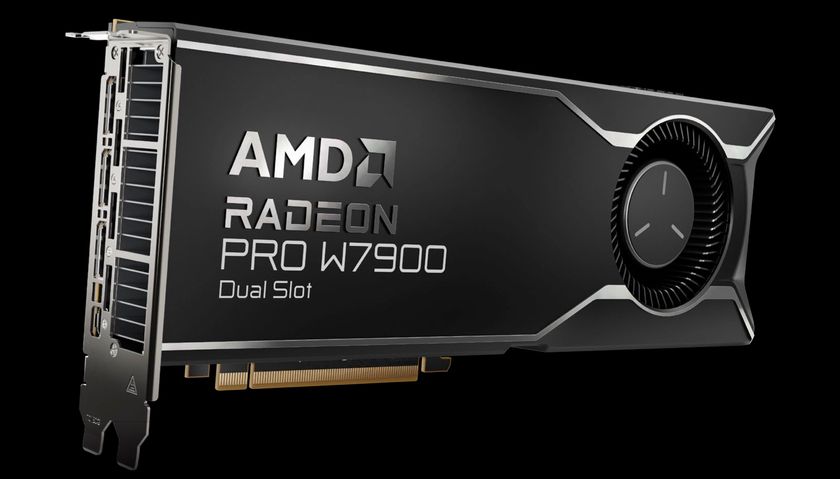
AMD RDNA 3 professional GPUs with 48GB can beat Nvidia 24GB cards in AI — putting the 'Large' in LLM
